This post contains affiliate links from which I may receive a small commission, at no extra cost to you. In no way does this affect my opinion or the information I provide on the product. Please read my disclaimer for more info.
If you’ve been reading my articles or watching my videos for a while, then you know that I don’t recommend dieting as an effective tool for weight loss.
It’s important to remember that around 45 million Americans go on a diet each year, yet almost two-thirds of them are overweight or obese [1].
While going on a diet may help you lose some weight initially, it often doesn’t last long and you’ll find yourself regaining all the weight (+ more!) very quickly. I know how tempting it may be to follow the latest diet trend thinking that this one will finally work for you.
The ($70 billion [2] ! ) weight loss industry is a massive one and is designed to keep you hooked. But if you want to break the seemingly never-ending binge-then-restrict cycle, going on a diet is precisely what you shouldn’t do.
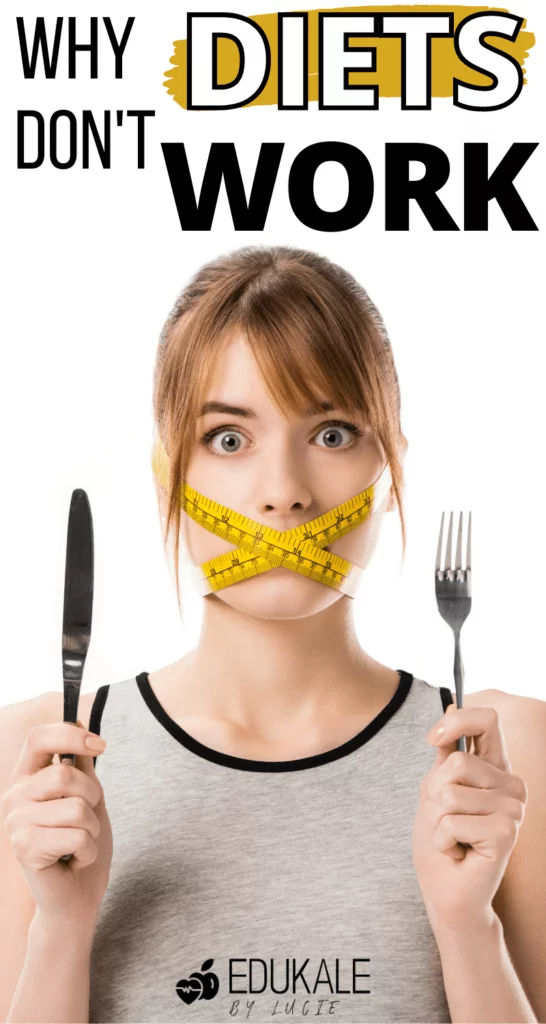
What is a diet?
Before I get into the reasons why diets don’t work, I’d like to clarify what I mean when I talk about diets.
The primary definition of a diet [3] is the food and drink regularly provided or consumed, or your habitual nourishment. It may also refer to a way of eating that is prescribed for health or other reasons. In this sense, a diet may constitute a healthy and balanced way of eating.
It may be in a slight calorie deficit to help you lose weight gradually and sustainably, or it may just pertain to the type of food that you are able to eat (like the vegan diet, for instance).
I’d like to make it very clear that this is not the type of diet that I will be alluding to in this article. Following a diet in this sense is definitely a good solution for bettering your health and helping you lose weight.
I will be using the colloquial term for diet, meaning eating in a (very) restrictive way in order to lose weight (fast), following a set of prescribed rules. These diets may often be referred to as crash diets or fad diets.
So now that we’re on the same page, here’s the truth on why diets don’t work.
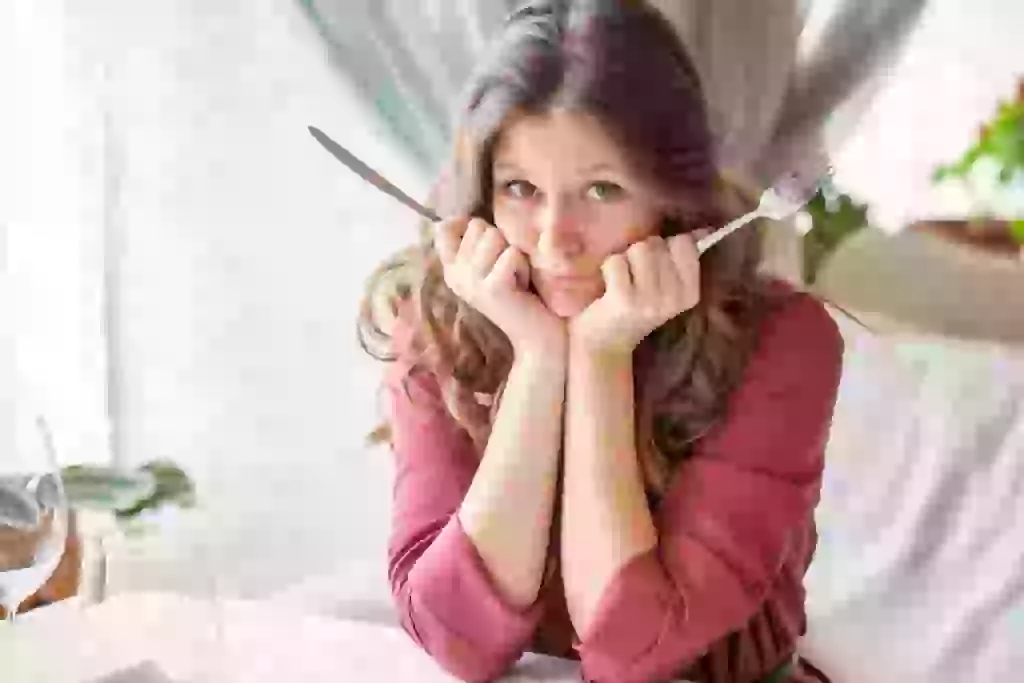
Why diets don’t work.
Most diet programs are designed the same way.
Their goal is to make you lose weight initially, then to make you gain it all back once you stop the diet so that you continue to buy their product. This gives you the illusion that the diet works and that the only issue is your own willpower or lack of determination to keep going.
Here’s what actually happens when you go on a diet.
In the beginning, they will make you lose weight..
There are multiple reasons why you will initially lose weight when going on a diet.
First of all, going on a diet will most like cause you to enter a calorie deficit, meaning that you will burn off more calories than you consume. This will make you use your glycogen and fat storages for energy, leading to weight loss.
Initial weight loss will mostly be water weight. Sure enough, drastically reducing your calorie intake often means reducing your carb intake. But if you don’t consume enough carbohydrates, your body is going to use your glycogen sources for energy. These are long glucose chains that also hold molecules of water. When you start burning them off, you will lose a lot of water, which will result in weight loss. [4]
The motivation factor may also play a role. The first few weeks tend to be the easiest as you are filled with energy and motivation to achieve your new goal. As time goes on, the diet gets more and more difficult, and motivation may falter.
So sadly, this weight-loss won’t last.
While studies show that different types of diets lead to weight loss and improvements in health markers, they also show that these effects largely disappear after a year [5], and that half of the weight lost is regained within 2 years [6].
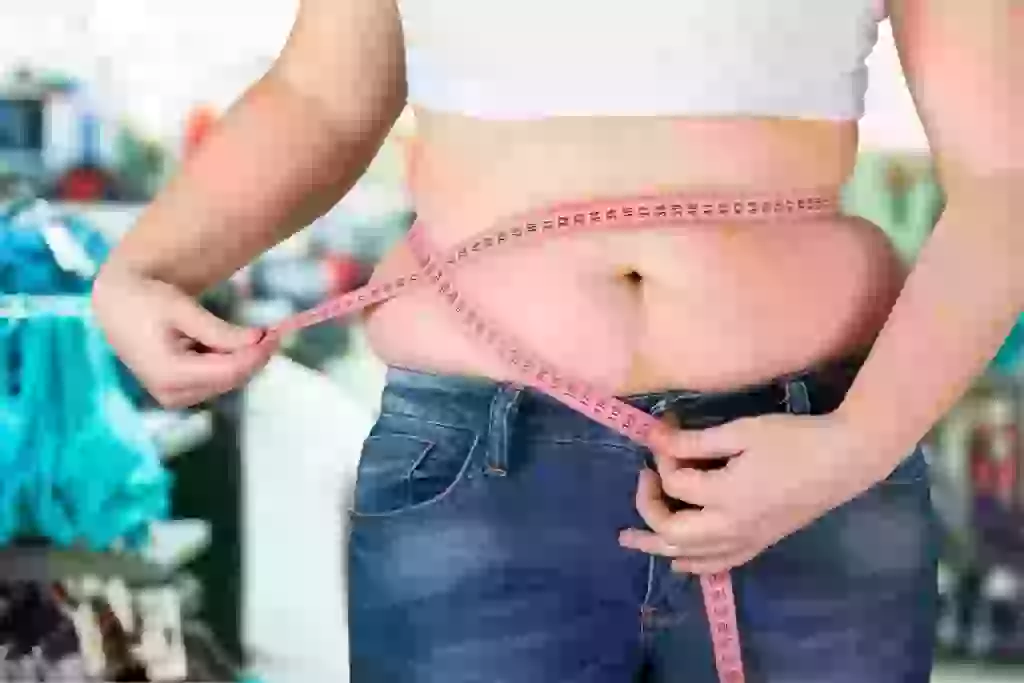
But why is this? Here are a few reasons.
They cause certain biological changes in your body.
• Following a calorie-restrictive diet will slow down your metabolism. This is a normal process: since you’re going to be losing weight, you’re going to be requiring less energy to keep it functioning properly. This will cause you to burn less calories at your resting state.
However, a study [7] showed that after losing weight, peoples’ metabolisms slowed down more than what would have been expected for their new body size.
Sadly, it’s much quicker to slow down your metabolism than to speed it back up. Indeed, a study [8] showed that people who had lost weight drastically still had their super slowed-downed metabolisms 15 years later!
• Another thing to take into account is your leptin levels. Leptin is the “satiety hormone” that tells you to stop eating when you are full. It decreases when you lose weight, meaning that you will eat less and feel even hungrier— which definitely isn’t easily sustainable.
• In addition, going on a diet will increase your ghrelin levels, which is the hormone that stimulates hunger. This will also contribute to an increased appetite [9].
• Finally, drastically reducing your calories will make you crave food more. Everything will appear tastier, your senses will be on high alert, and you’ll feel like eating anything and everything.
The study [10] that demonstrated this followed men who under-ate drastically. This caused them to constantly talk, dream, and fantasize about food. After a certain period, they were allowed to eat without restriction, which led to extreme overeating. This is the same mechanism that happens when you go on a very restrictive diet.
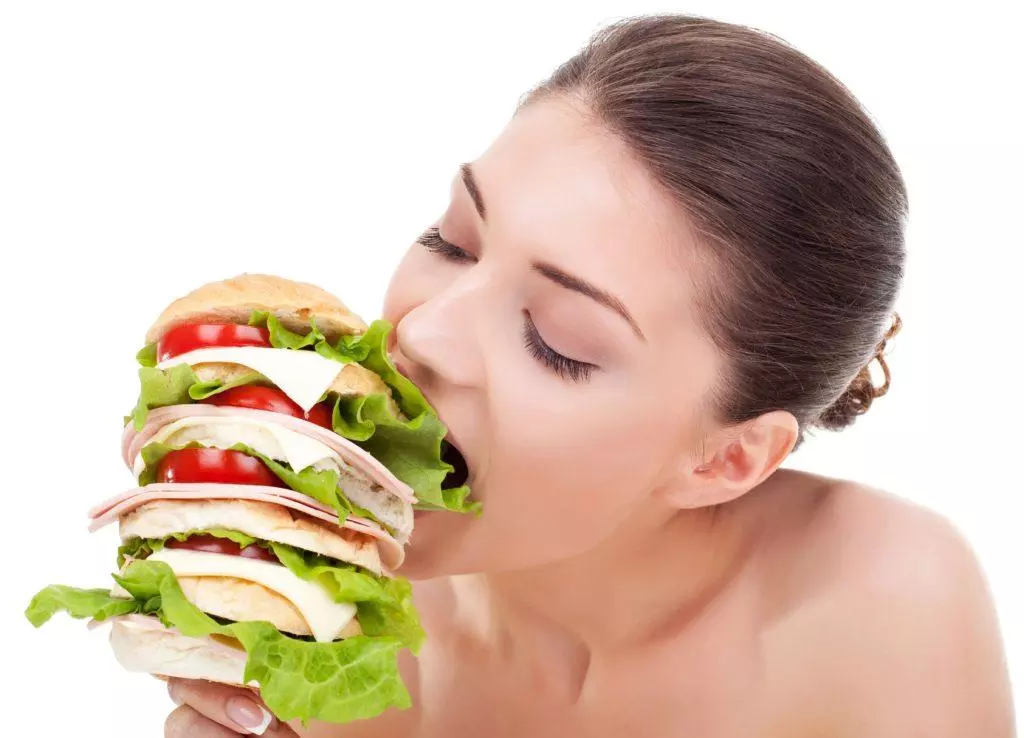
This doesn’t mean that you should stop trying to lose weight, but that you should strive to do it in a healthier and more sustainable way.
They deteriorate your relationship with food.
• If there’s one thing that dieting is good at, it’s sucking the joy out of eating and food in general. Eating should be about more than just giving your body nutrients (which is what most diets focus on).
It should encompass the pleasure of sharing a meal with loved ones, of enjoying certain foods on special occasions, of passing down traditions and recipes, of experiencing different cultures through food, of comforting yourself after a long day…
If you aren’t able to experience these things then your diet simply won’t be sustainable. It needs to be satisfying on both a physical and an emotional level for it to last.
• When you go on a diet, you start to become obsessed with calorie and macronutrient tracking and feel like every single thing you eat has to fit your rigid diet plan. If one thing you eat does not fit this plan, you start to feel food guilt, meaning feelings of guilt and shame related to the “bad” food you have eaten. Food guilt can seem pretty inoffensive but can actually spiral into harmful eating behaviors.
Often, if you feel guilty after eating a certain food, you will start restricting what you eat next in order to “compensate”. Because of this, your body won’t be getting the necessary nutrients. It will then desperately need energy, and will probably lead you down the binge-eating road. Check out my article on food guilt if you’re interested in learning more!
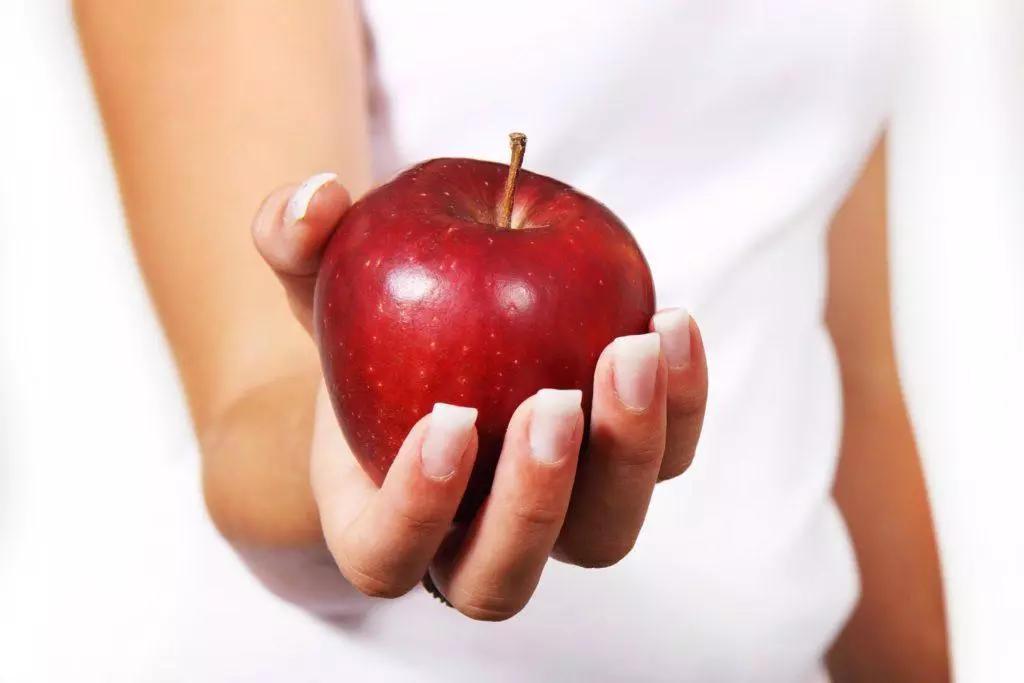
• Food guilt can also lead to the all-or-nothing mentality, which is when things are either seen as “all good” or “all bad”. The things that aren’t perfect are considered as a failure. This way of thinking prevents you from eating in moderation, trapping you in a restrict-then-binge cycle.
For instance, if you have a donut and feel overwhelming guilt about it, you might think that eating healthily after that is pointless because you’ve “wrecked your diet”. So you continue to eat more donuts and end up having an entire “cheat day”.
All rational thinking is thrown out the window: you know that eating a bit more than you planned will not be undone by eating even more. Yet you do it anyway. Check out this article if you’re interested in learning more about the all-or-nothing mentality and how to stop it.
• All of these behaviors can also lead to food obsession, meaning that food will feel overwhelmingly present in your life in ways you can’t escape. You may start feeling addicted to food or start fixating on what certain foods will do to your body. You may start spending too much time thinking about food and wanting to eat/looking forward to eating all day long.
It goes without saying that these are all behaviors that you want to avoid for a healthy relationship with food.
A lot of diet programs are trying to rebrand themselves as healthier and not weight or calorie-focused, but they are just wolves in sheep’s clothing. Being awarded points instead of counting calories still contributes to worsening your relationship with food.
You start to associate each food item with the points that it represents and label them as good or bad. You can end up eating foods that you don’t even want just because they fit within your goal points or, on the contrary, ban foods that you love if they don’t fit the points.
This is likely to create the obsession with food we discussed earlier and even cause you to binge-eat these off-limit foods whenever you get the chance.
They aren’t tailored to your specific needs.
When it comes to food, each person is completely unique. This means physically, but also in regards to their approach and relationship to food, their culture, their lifestyle, their goals…For this reason, a one-size-fits-all diet can simply not be the right approach.
A healthy and sustainable diet plan must encompass all of these aspects. If it doesn’t, it will be very difficult to integrate into your daily life, and will rid you of your natural cues and desires surrounding food.
So what should you do instead of dieting?
I really advise against going on any specific diet if you are trying to be healthier and lose weight. It’s important to learn how to nourish your body properly for optimal health though.
Healthy eating means eating a variety of whole, healthy foods and having delicious yet balanced meals. Some foods are healthier than others and should make up most of your meals (fruit and veggies, whole grains, healthy protein, nuts and seeds…), but there’s room for ANY food you like and nothing has to be off-limits.
Any restrictive dieting should be avoided, and you must be in it for the long haul. This is why I recommend intuitive eating, which is very sustainable.
Beyond healthy eating, it’s crucial to maintain a healthy relationship with food, to get into the correct mindset for healthy eating, to be physically active, and to take care of your mental health. Don’t hesitate to read my article on healthy eating for beginners to get you started.
If you feel like you need help that is specifically tailored to your needs, I also offer one-on-one online coaching so we can reach your goals together! You can read more about that here.
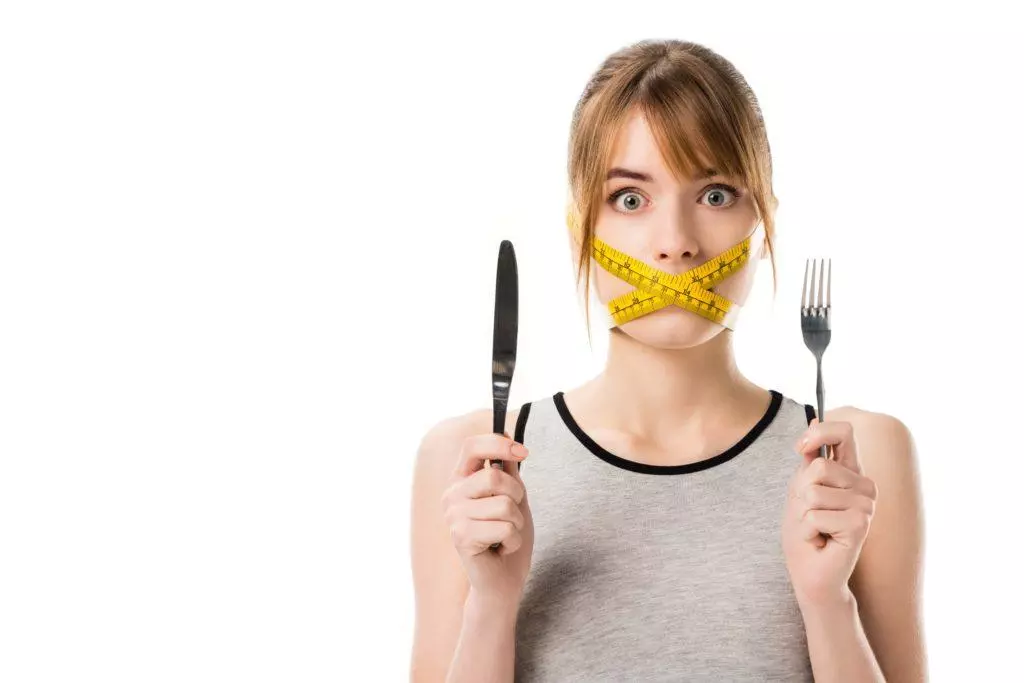
Why diets don’t work in conclusion
Most diet programs are designed to make you lose weight initially but to make you gain it all back once you stop the diet so that you continue to be a customer.
They are not intended to work long-term: they will interfere with certain biological signals and mess up your relationship with food.
Instead, you should focus on learning how to nourish your body properly all while bettering your relationship with food: I have plenty of resources on this site to help you do just that!
-Lucie
If you’re interested in nutrition, its impact on our health, and the science behind it, you should definitely read How Not to Die. In this book, Doctor Michael Greger, founder of Nutrition Facts, examines the top causes of death in America and explains how your diet can prevent— and in some cases even reverse— them. His advice is all backed by science and he writes in a very clear and entertaining way. This book isn’t a list of what you already know. It will teach you the keys to living a long healthy life, in a simple and practical way, and without spending fortunes on supplements and pills!
PLUS if you want to take it a step further, you can check out the How Not to Die Cookbook to implement the advice easily!



Comments are closed.